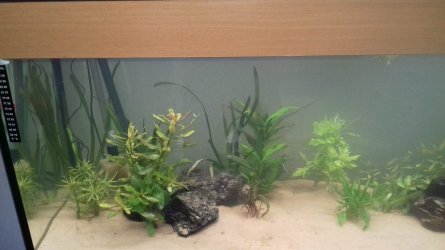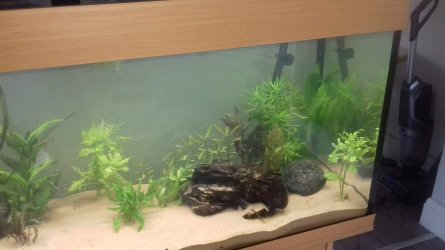Hi, no you read correctly - from bottom up - filter floss, sponge, biological media (Ceramics), rest of trays left as Oase supplied. Like you I agree I do not think the order of the media was/is the issue. Convinced now it was the wood (not the bog wood)One thing jumps out at me....not sure if it had anything to do with what has been happening, might be connected, might not be....however, your filter media.
Ceramics would normally go in the bottom tray since they catch the most good bacterial matter and thus removes the "bad stuff" initially before passing through the layers above. The last layer should be the floss that will catch all the finer crud that the lower levels miss.
So have I read yours right and its upside down?
ATB



